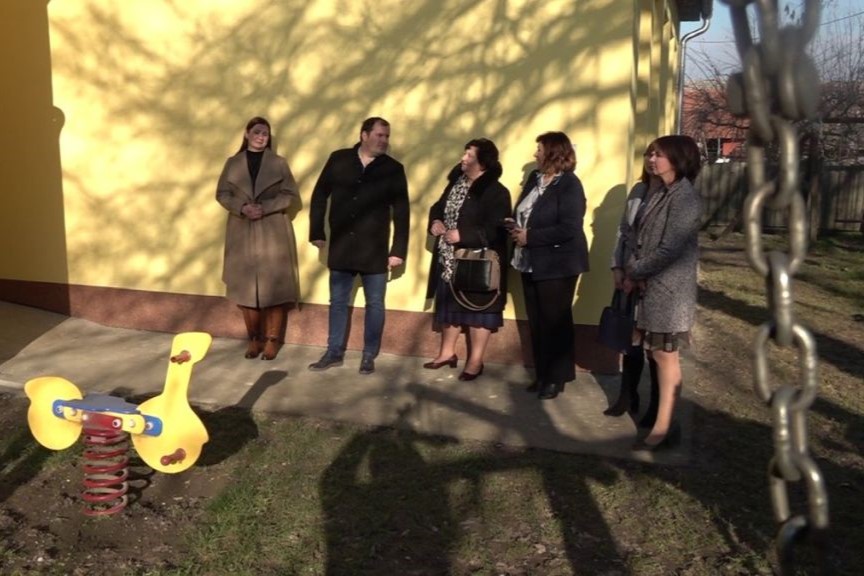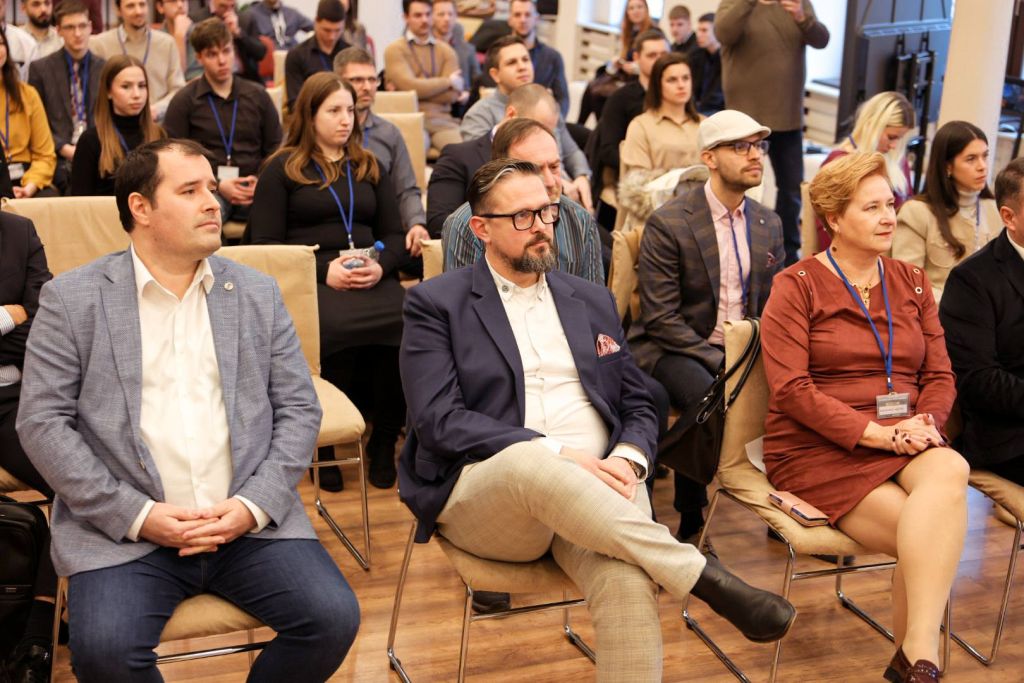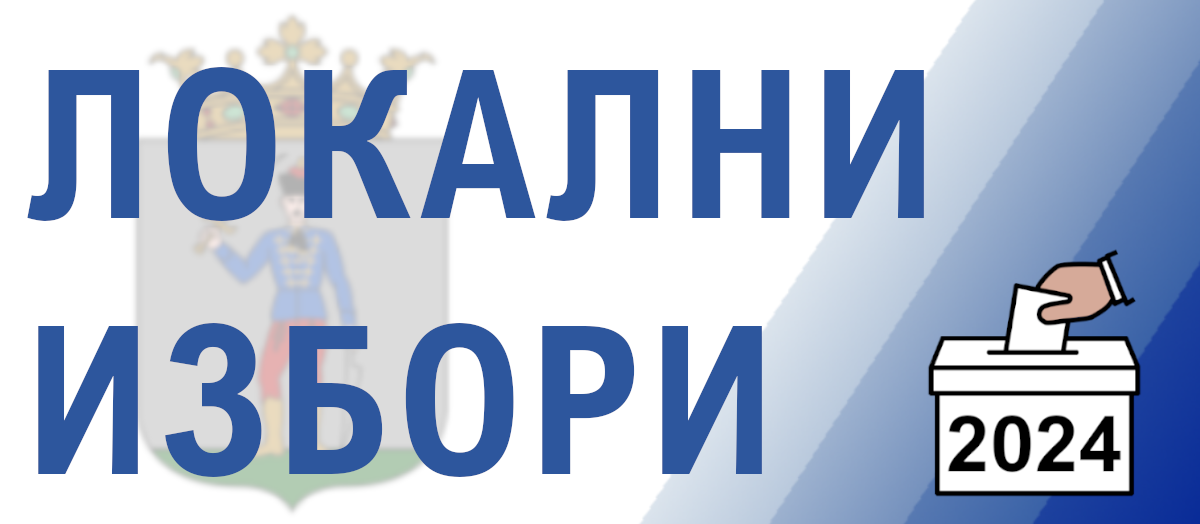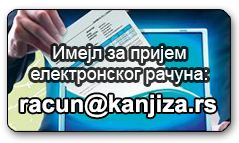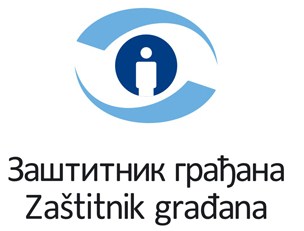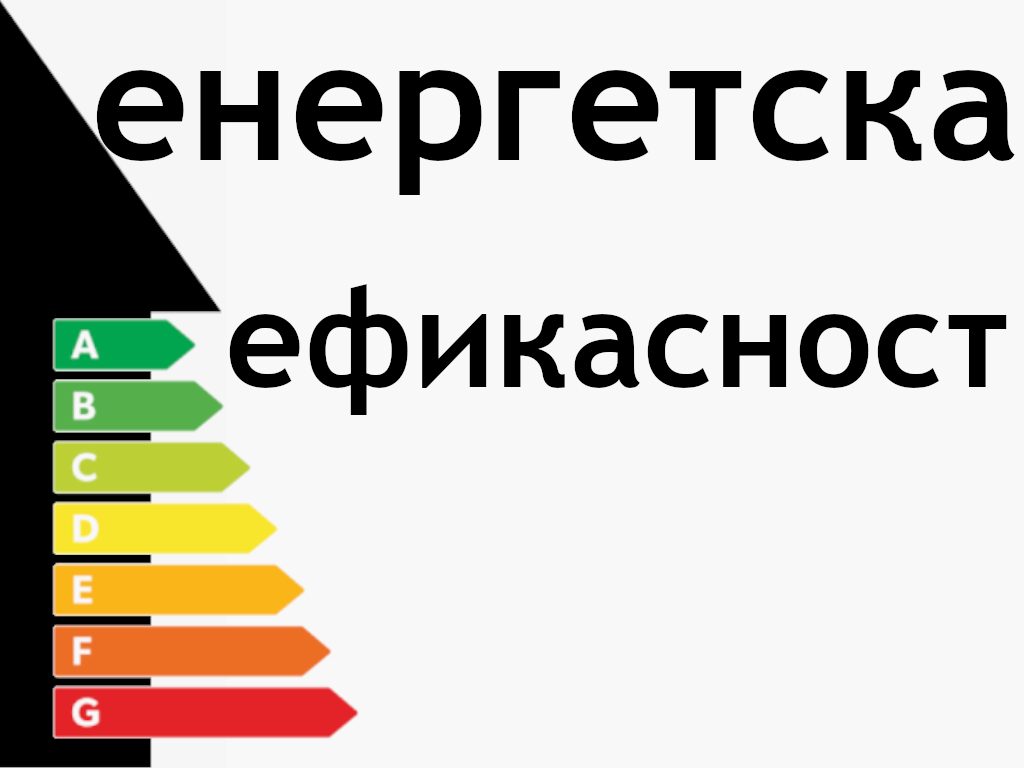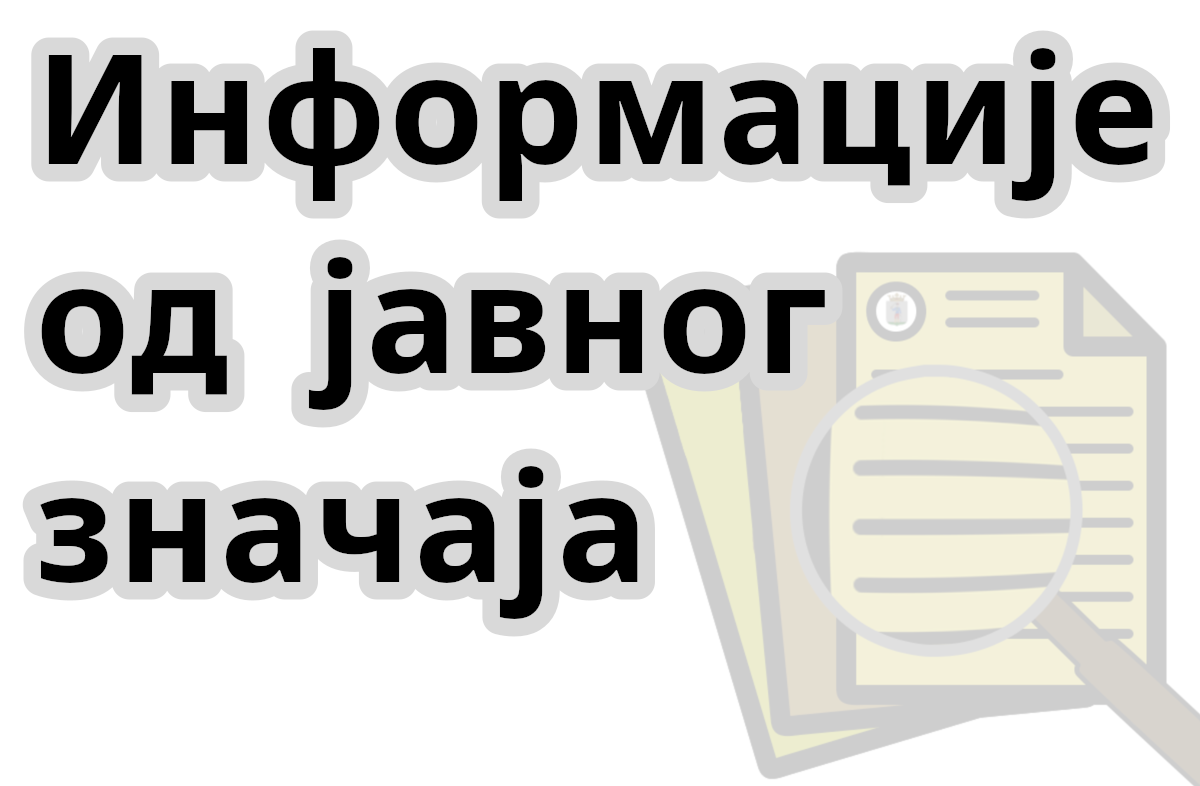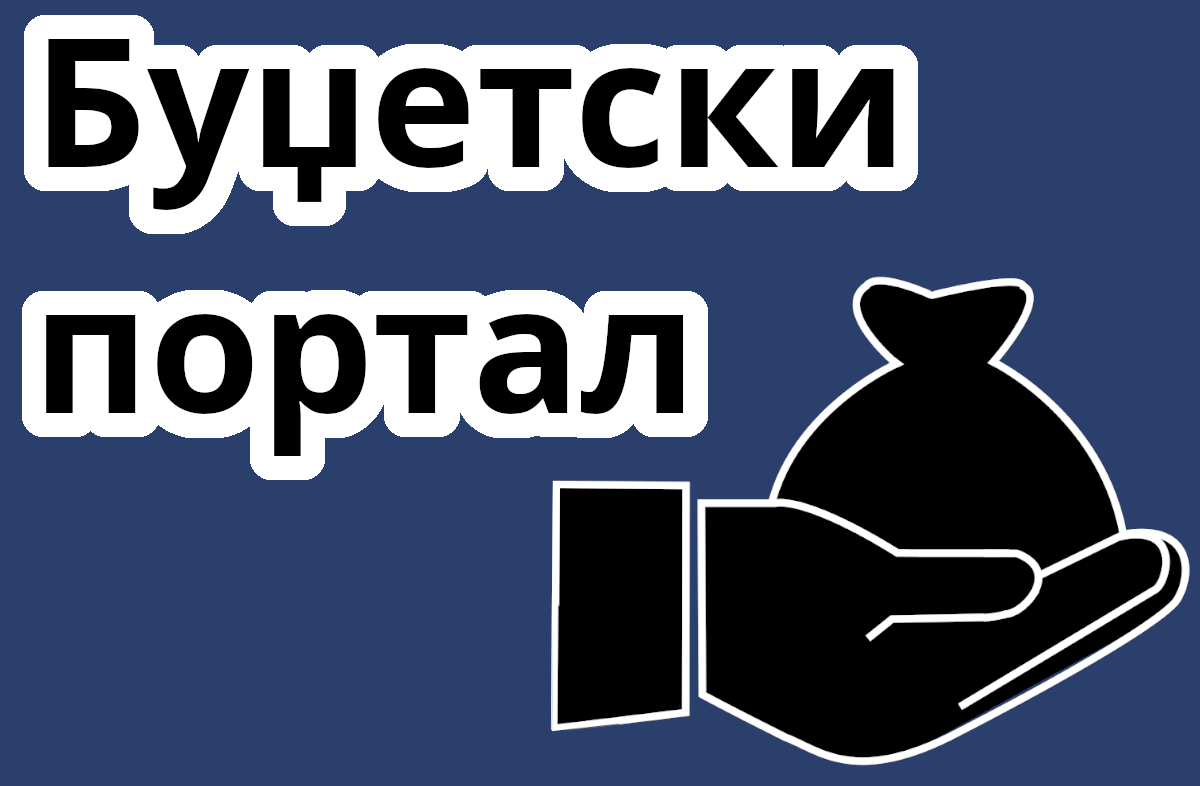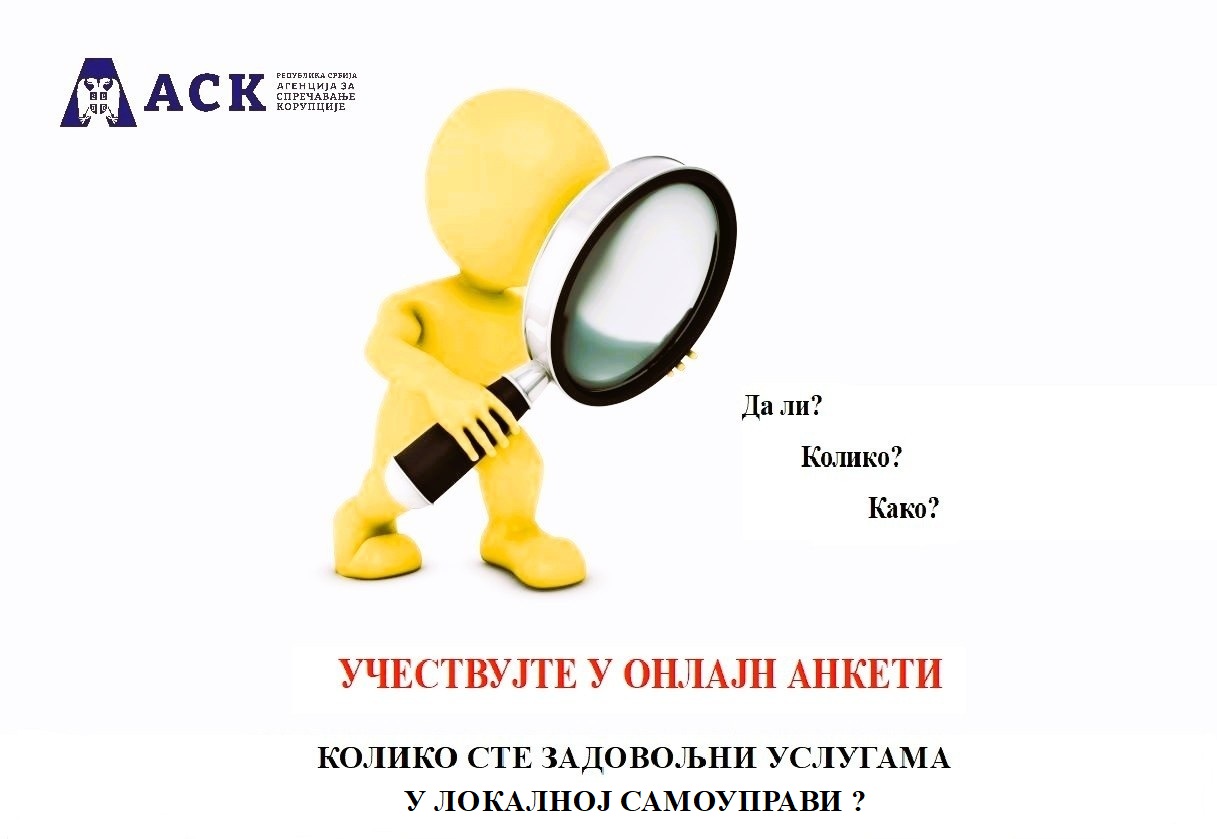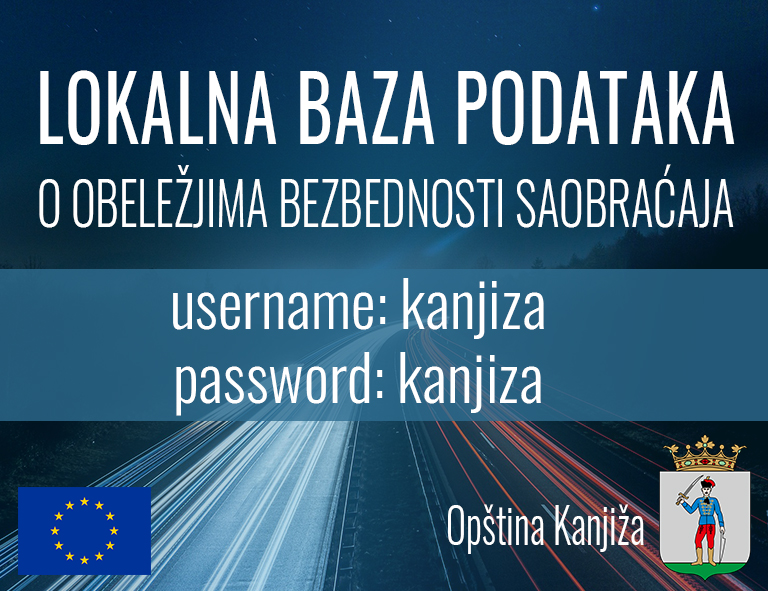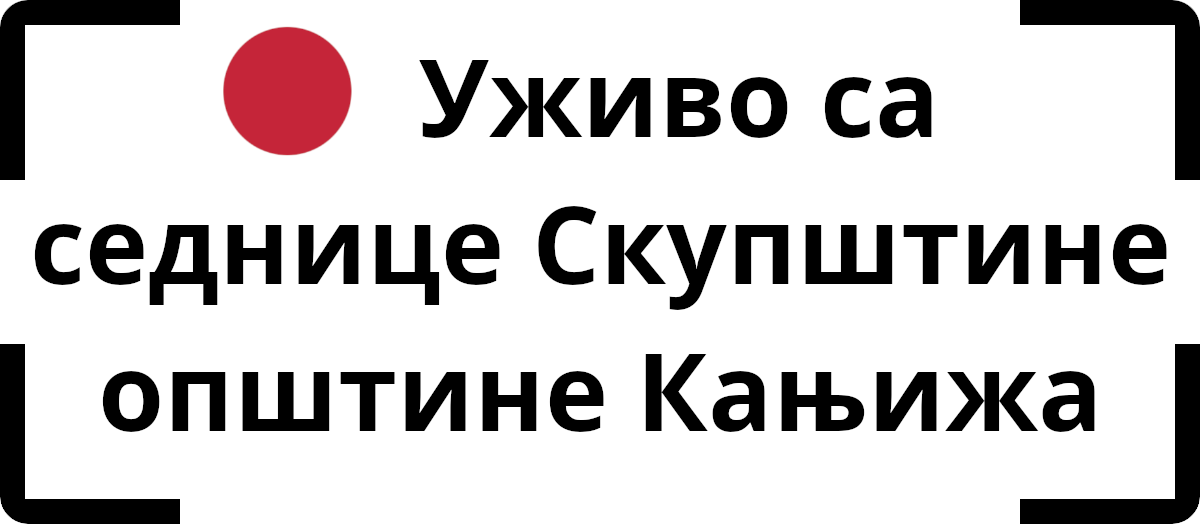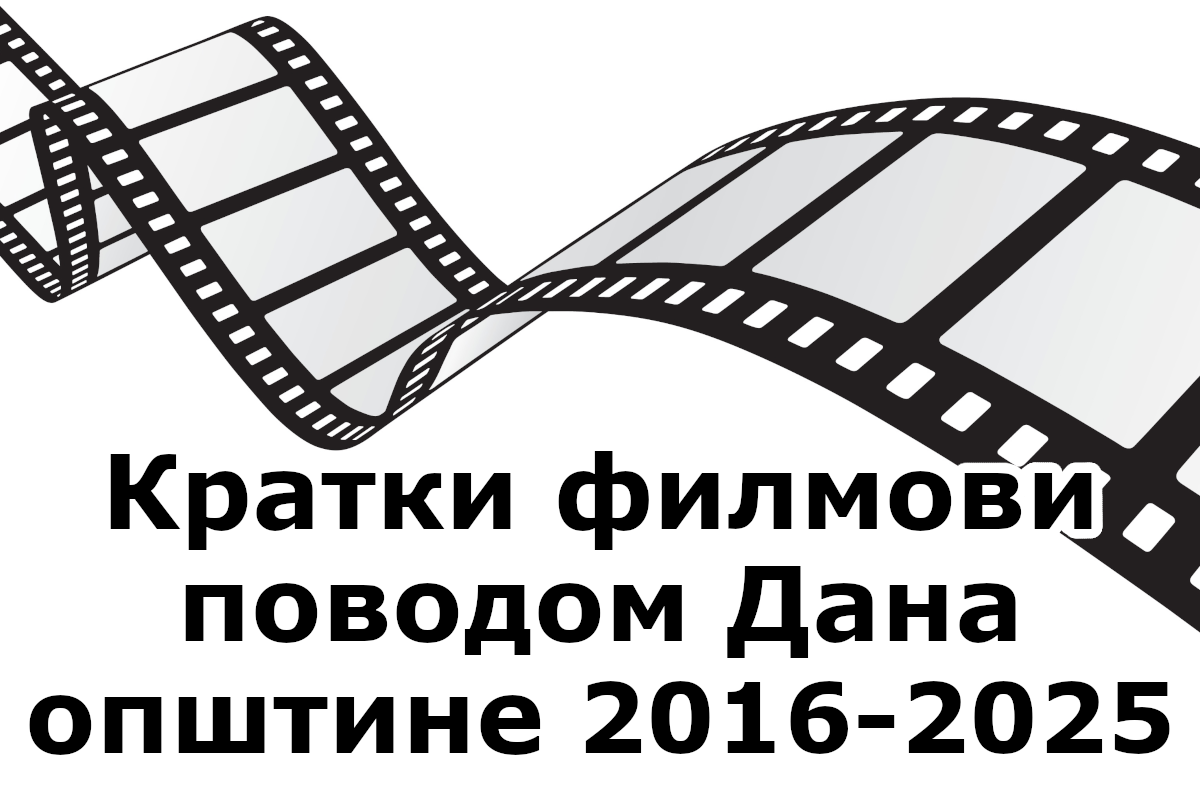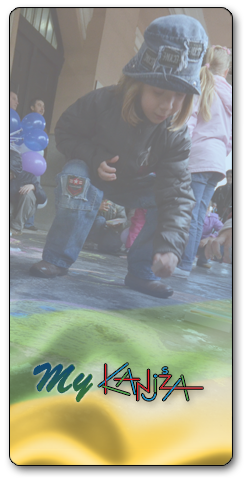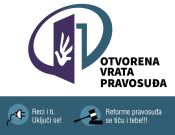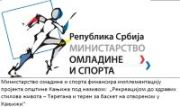EUROPEAN YEAR OF CITIZENS - Study tour and workshop

NAME OF THE PROGRAM: Europe for Citizens/EACEA
Title of project: EU - Teaching and Learning from Each Other, Kanjiža
Participation: The event involved 29 people, from the following cities and countries:
1. Municipality of Ferencváros - Hungary: 4
2. Municipality of Kráľovský Chlmec- Slovakia: 4
3. Municipality of Kiskunhalas- Hungary: 6
4. Municipality of Kanjiža - Serbia: 6
5. City of Sfântu Gheorghe - Romania: 9
6. Municipality of Tata - Hungary: -
Location / Dates: The event took place in Sfantu Gheorghe (Romania), in the period of 24-26 April 2014
Short description:
R E M I N D E R – MEETING REPORT
Location: Sfântu Gheorghe, Székely Mikó College, reading room.
Date: 24-26 April 2014
Participants: Based on the attached attendance sheet.
Topic: EUROPEAN YEAR OF CITIZENS workshop
The 3rd workshop`s title: Teachers` further training
Participants in the workshop: Delegations from Sfântu Gheorghe, Kráľovský Chlmec, Kiskunhalas and Kanjiža.
Presenter: Erika Botos, leader of "Csutak Vilmos" Teachers House in Sfântu Gheorghe.
In her report, we heard about the legal opportunities of teacher further training, which is financed by the state. The aim of the course is professional development, obtaining a title of an excellent teacher, which can be obtained after 15 years after the first degree exam, and building a career with acquiring different degree exams. We have gained insight into the institutional forms of further training, (Educational Department, County School Inspectorates, Research Institute of Educational Science, Higher education institutes – Further education institutes, County Teacher`s Houses,…). In the following, we heard about the training forms, which can be placed into the following categories:
• Scientific-methodological and psycho-pedagogical activities at the level of educational institutions.
• Scientific lectures, symposia, exchange of experiences, educational partnerships.
• Pedagogycal and professional periodical information.
• Further training for development basic and new skills.
• Post-university training, strengthening, new specialization, retraining, further education, PhD.
There was a talk of the importance of lifelong learning, formal, non formal and informal learning, where the aim is the full development of the individual and sustainable development of the society, as well as the developing and strengthening of the key and specific competencies.
Presenter: Tatjana Varjú Potrebić, director of the Regional Professional Teacher Training Center in Kanjiža.
In her report she mentioned the Serbian legal framework for teacher training, rights and obligations defined by the Regulations, teachers` motivation and the importance of the priority programs. Teachers must obtain minimum 120 point from the programs and professional meetings in five-year cycle. The training is competency-based, which the individual plans are in accordance with the training plan of the institution. The presenter touched the importance of further training within the institution, which are planning and taking place on an annual basis.
After the presentations we heard a short report of the teacher further training in Slovakia. Teachers in Slovakia do not have the scoring obligation, however, if teachers participate in further trainings, theirs payment will increase. The courses are free, but few use them. Emphasis is placed on the qualifying exams, but this will require further professional training.
The teacher further training in Hungary is organized in the same way. They need to collect 120 points. Grades can be achieved in the profession: assistant, teacher 1 and 2, master teacher, researcher teacher. A portfolio should be prepared, the same way as the rest of countries. Today, the state will decide which trainings can participate the teacher. The trainings are free. The educational providers can not avoid the policy, so the system changes in every four year.
The 2nd day of the workshop:
Presenter: Imre Kis, one of the national vice-president of Hungarian Teachers Association in Romania, and also director of the School Center Kós Károly in Sfântu Gheorghe.
We heard about the activities and the role of the Romanian Teacher Association. It is a professional advocacy organization, which is intended to represent the quality of Hungarian education and teaching. It’s an apolitical organization. It takes up the release and distribution of the Hungarian textbooks. Embrace the work of Methodological Centers. 4 Methodological Centers are in function to support the Hungarian education and teaching. These provide further training of teachers in the form of mid-year training programs and summer academies.
Dr. Zoltan Sarnyai, a member of the Hungarian National Council, vice chairman of the Public Education Committee, reported on the status of mother tongue education in Serbia.
The Hungarian National Council offers various programs for the schooling in Hungarian language. There is a financial support for pupils who learn in their own mother tongue.
Summary of comments:
1. The teacher further training is organized in similar form and framework in all four countries.
2. The teacher further training can improve the quality of education.
3. In Serbia number of training programs is very high, there is no real content filtering in the accreditation process.
4. Teacher further training is not mandatory in Slovakia, but it is closely related to the qualifying exam.
5. Teachers` associations have a particular role in the teacher further training.
6. The basic condition of continuous renewal is the constant development.
7. Learning in the native language should be encouraged in all areas.
On completion of the workshop participants visited the Szekler National Museum and the Míves House. The next day excursion to the following path: St. Anna lake – Bálványos – Kézdivásárhely.

